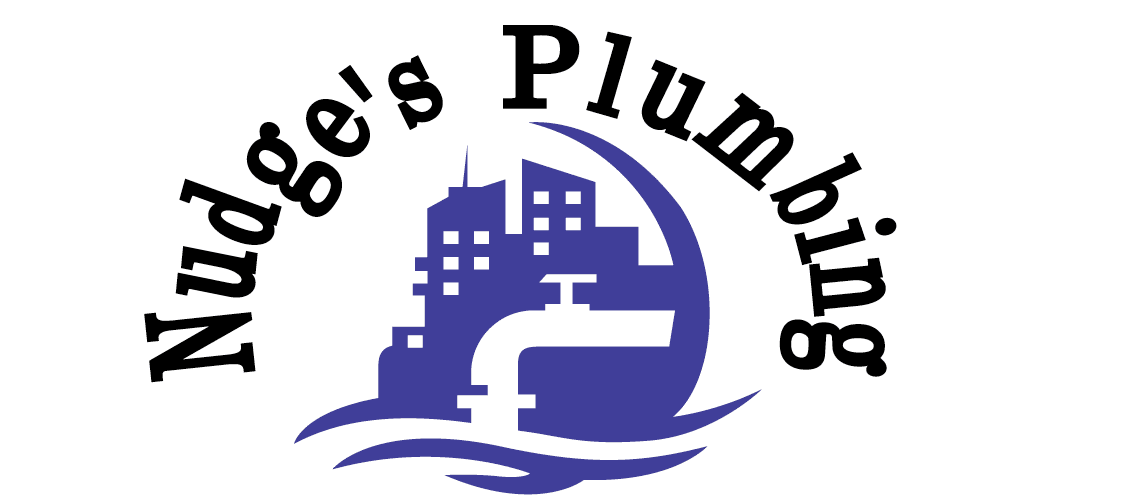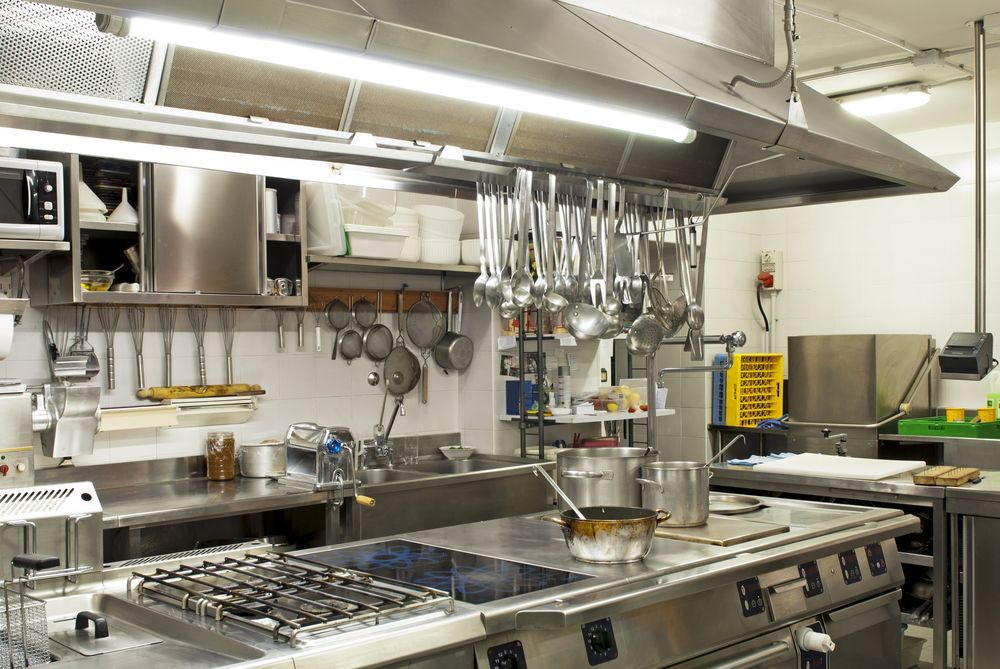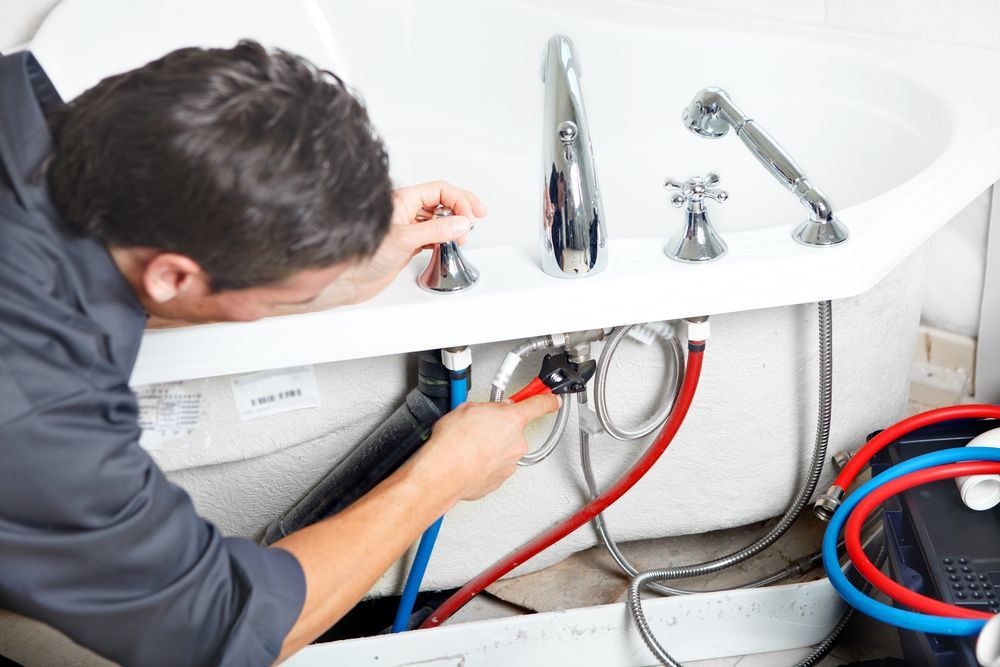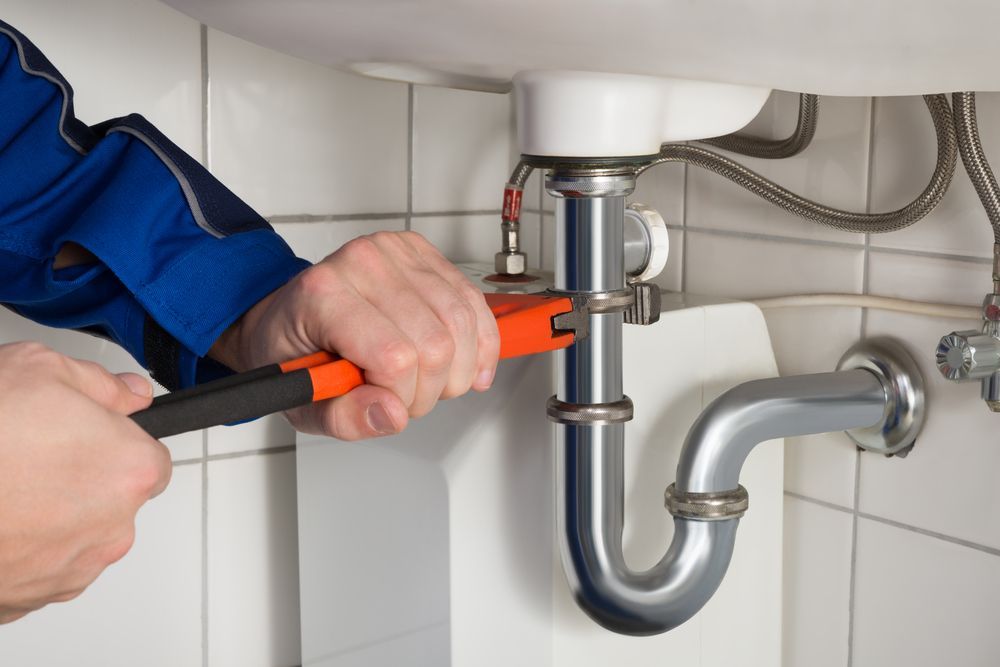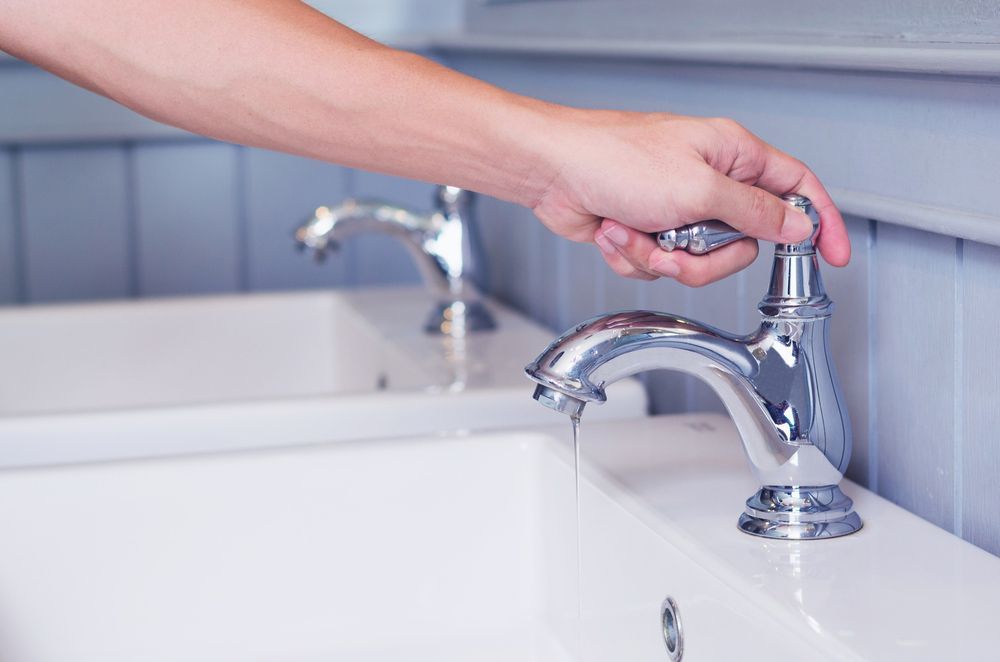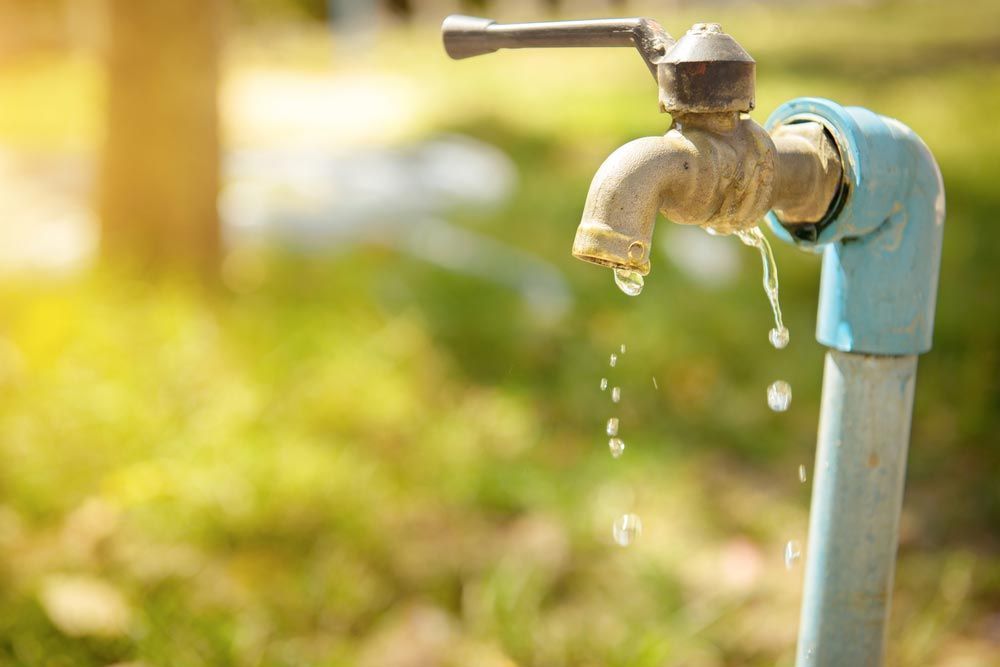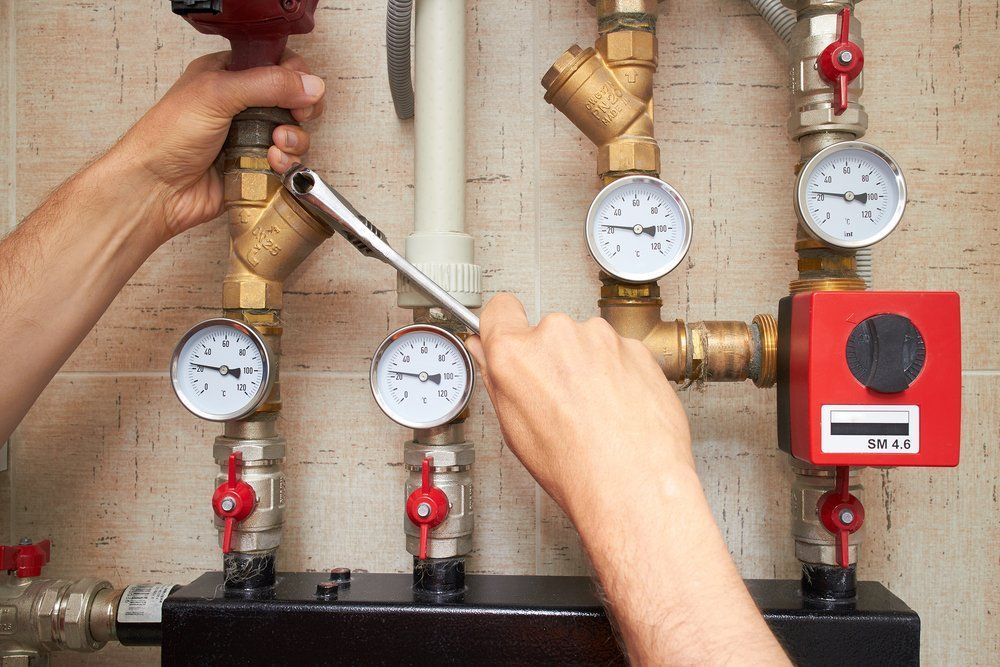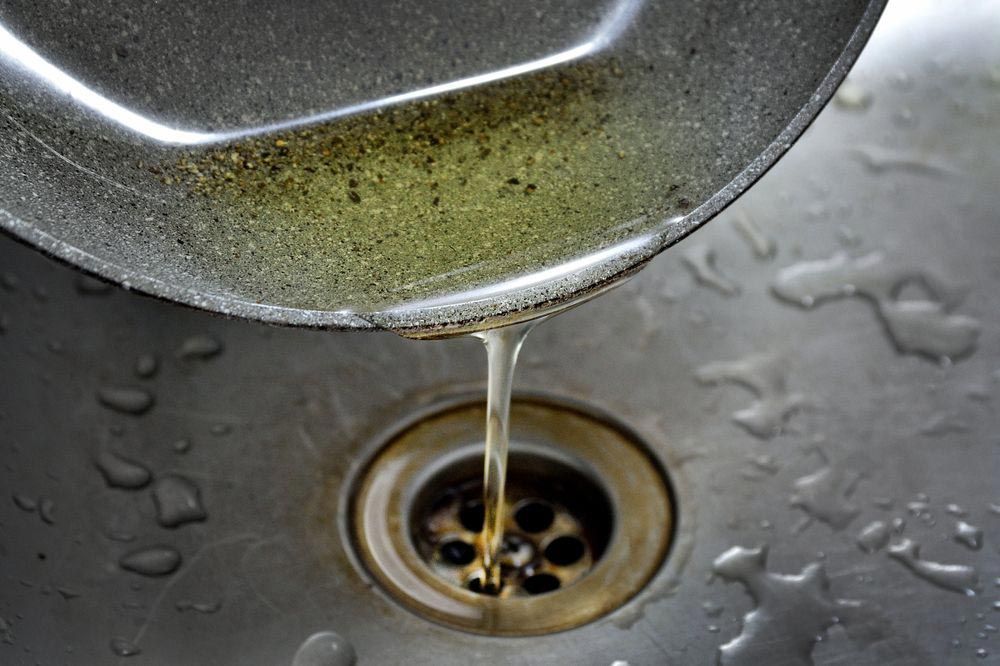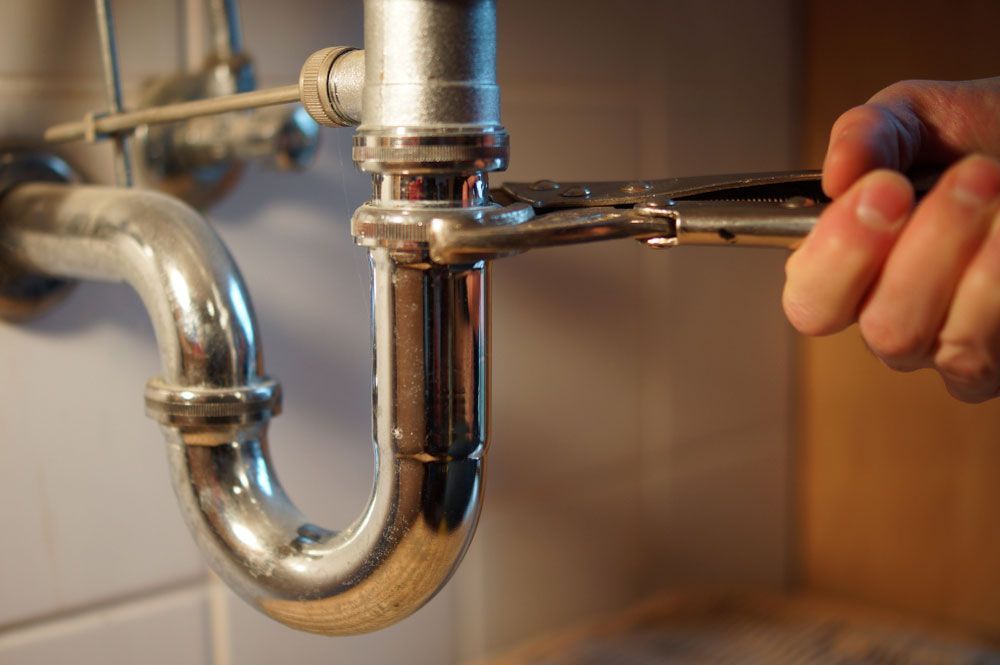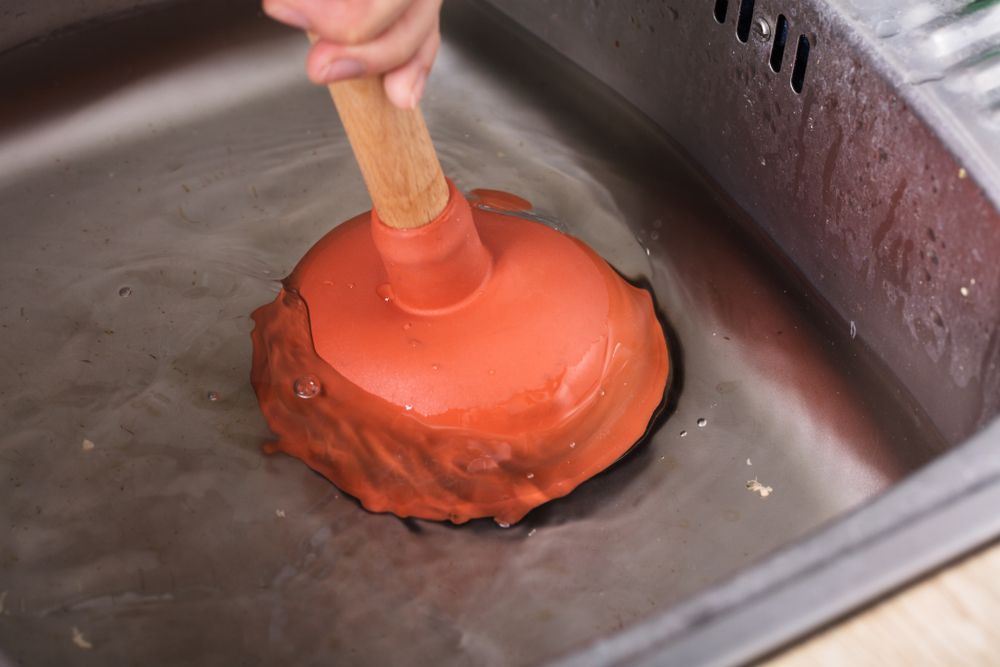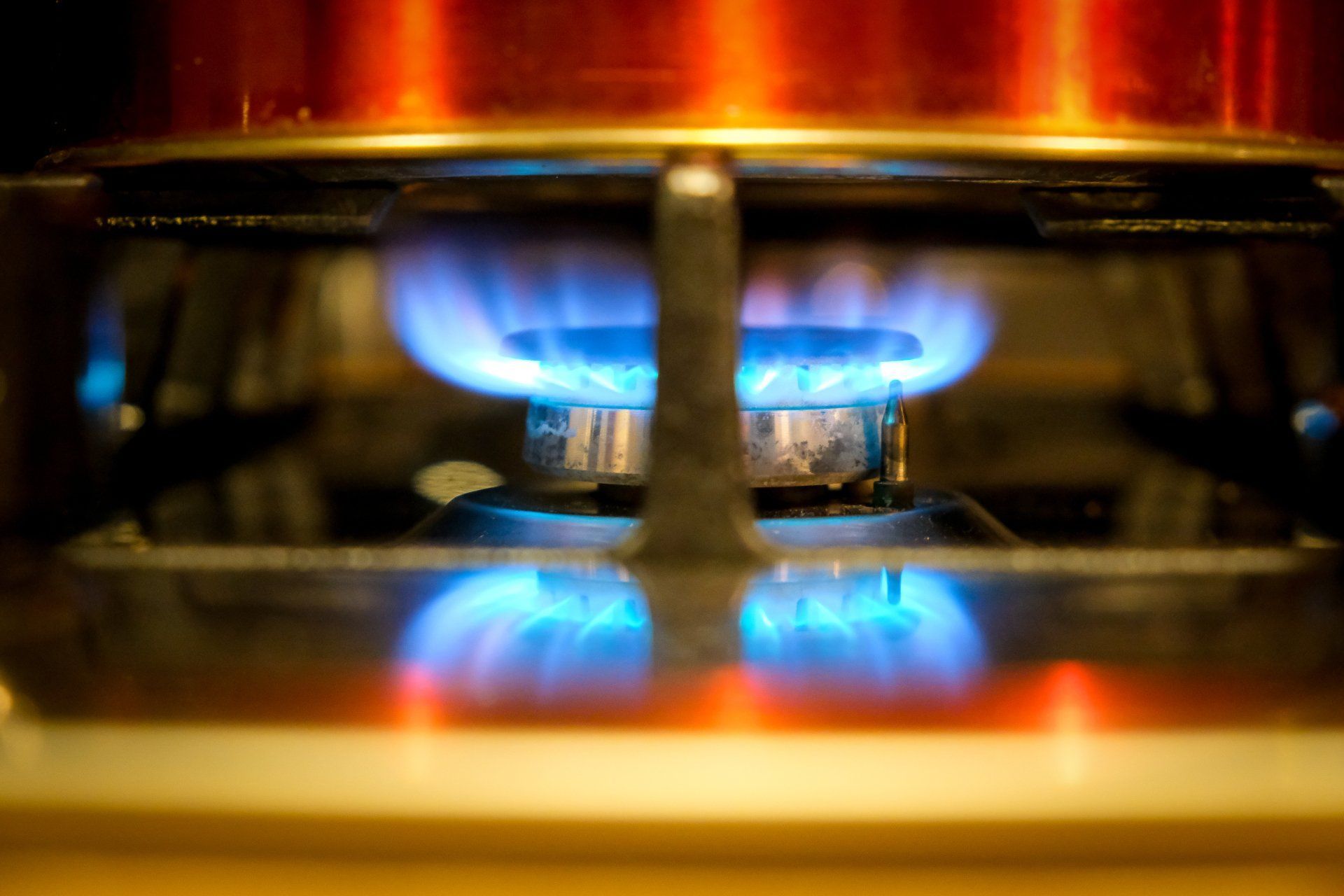Low Water Pressure: What You Can Do To Fix It
Do your showers feel more like a drizzle? Is filling the kettle a test of patience? These are tell-tale signs of low water pressure. It’s a common household annoyance, but it can sometimes point towards a complex issue. In such cases, seeking professional assistance often becomes essential to prevent potentially serious plumbing problems. Let's understand this issue in detail.
Understanding Low Water Pressure: Causes And Impacts
Low water pressure can stem from various sources, ranging from simple fixes to more complex plumbing issues.
Clogged Pipes
Over time, pipes can accumulate mineral deposits, leading to blockages and reduced water flow. This is especially common in older homes, where years of sediment buildup can significantly impact water pressure.
Corroded Plumbing
Older homes might suffer from corroded pipes, a natural yet problematic occurrence. Corrosion narrows the pipes, restricting water flow and reducing pressure.
Faulty Pressure Regulators
These devices control the pressure of water entering your home and can fail with age. A malfunctioning regulator can either increase pressure to dangerous levels or decrease it, causing a frustratingly low flow.
How To Restore Your Water Pressure
Sometimes, the solution to low water pressure can be simple. Here are some easy fixes you can try:
Check For Bent Hoses
If you have appliances like washing machines or dishwashers, ensure their hoses aren't bent. This can restrict water flow and affect pressure. Simply straightening these hoses can sometimes solve the problem.
Adjust The Water Heater Settings
If you notice low pressure, specifically with hot water, check your water heater. Some models have a pressure-reducing valve that can be adjusted. However, be cautious and refer to the manufacturer's instructions to avoid any mishandling.
Inspect For Leaks
The issue might be a hidden leak in your system. Look for signs of water damage or listen for the sound of running water when all taps are turned off. While fixing leaks will require a plumber, identifying them early can be a crucial step.
Evaluate The Water Softener
If you have a water softener, it could be the culprit. Try bypassing it to see if the pressure improves. If it does, the water softener might need servicing or replacement.
The Importance Of Plumbers In Resolving Low Water Pressure
While DIY solutions might be tempting, water pressure issues often require professional intervention. They have the experience and tools to accurately diagnose the root cause of the issue. Additionally, plumbers come equipped with specialised tools and technology, such as pipe cameras and pressure measurement devices, which are not typically available in homes. These tools enable a safe and efficient resolution.
More importantly, professional plumbers don't just offer a quick fix; they provide long-term solutions. By addressing the underlying cause of low water pressure, they help prevent future issues, saving you time and money in the long run.
Tired Of Weak Showers And Slow-Filling Sinks?
At Nudges Plumbing, our team can diagnose and fix low water pressure issues. We also offer plumbing maintenance services to keep your plumbing system running smoothly so that you can avoid low water pressure in your home. Don't let plumbing issues impact your routine; contact our plumbers today in Dubbo!
